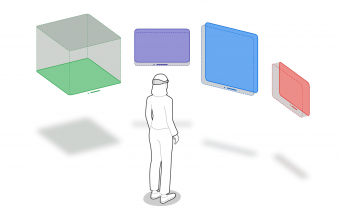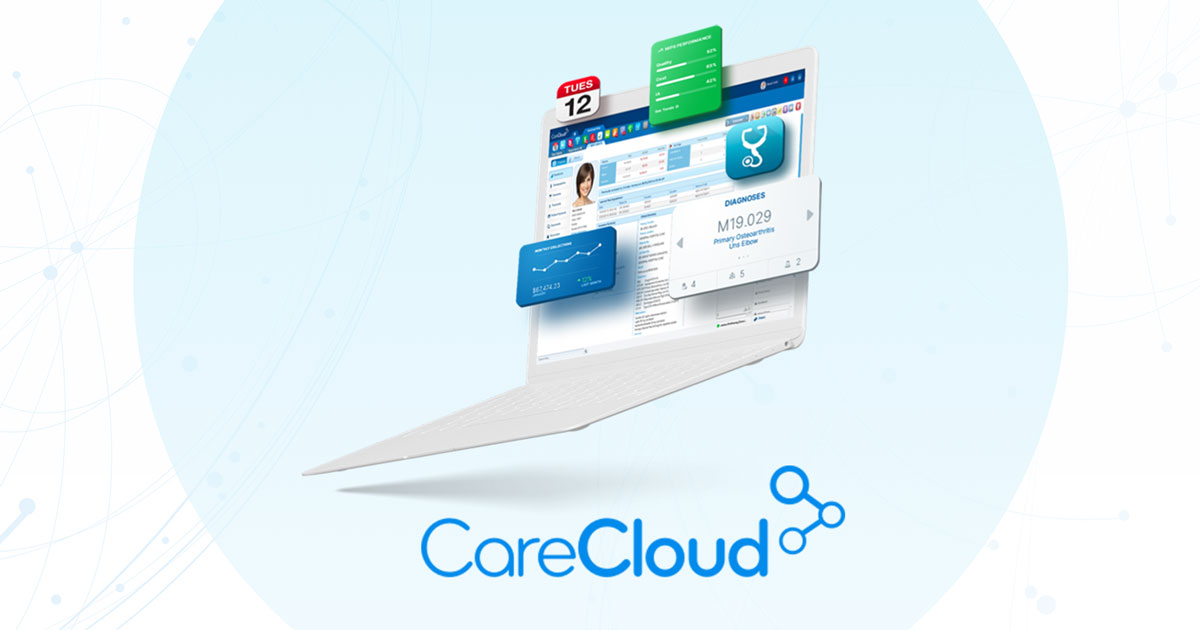Cleveland Clinic Taps AKASA to Launch AI Tools for the Revenue Cycle
What You Should Know: – Cleveland Clinic and AKASA have established a strategic collaboration to deploy generative AI tools to support efficient and accurate medical coding practices. – Through this partnership, Cleveland Clinic will apply multiple AKASA AI-powered tools during the mid-revenue cycle – the phase between patient care and billing, where documentation and coding occur – ... Read More
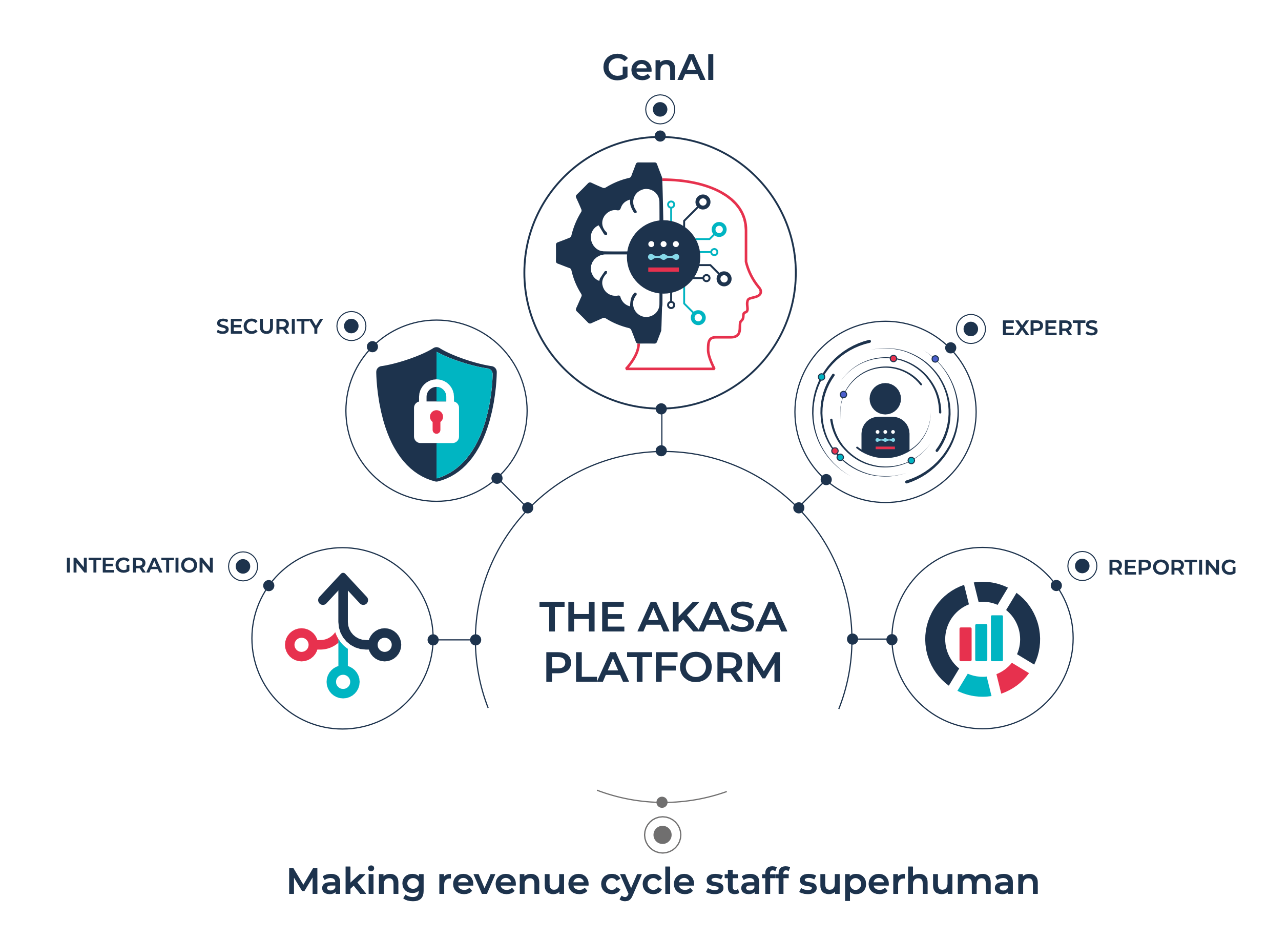
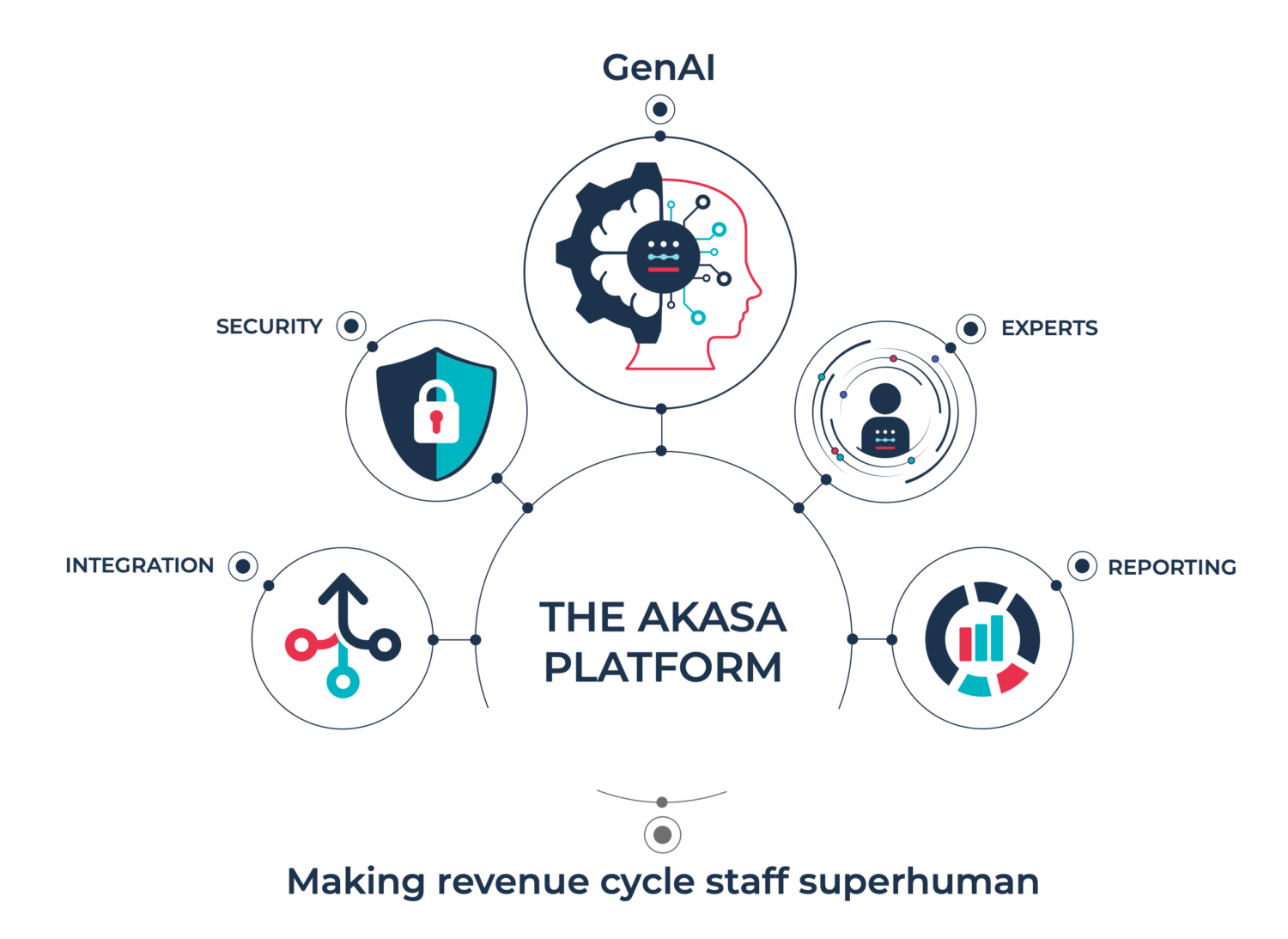
What You Should Know:
– Cleveland Clinic and AKASA have established a strategic collaboration to deploy generative AI tools to support efficient and accurate medical coding practices.
– Through this partnership, Cleveland Clinic will apply multiple AKASA AI-powered tools during the mid-revenue cycle – the phase between patient care and billing, where documentation and coding occur – across its U.S. locations.
Cleveland Clinic Advances Revenue Cycle Operations with AI-Powered Coding and Documentation Tools
Cleveland Clinic, a nonprofit multispecialty academic medical center based in Cleveland, Ohio, continues to drive healthcare innovation by integrating clinical care, research, and education. Founded in 1921 by four physicians dedicated to cooperation, compassion, and innovation, the institution remains a leader in delivering outstanding patient care.
Reflecting the complexity of patient care through accurate documentation and coding has long been a time-intensive task. Revenue cycle staff at Cleveland Clinic typically review over 100 clinical documents per case—including progress notes, discharge summaries, and pathology reports—and select from more than 140,000 coding options. This manual process can take up to an hour per patient encounter.
To enhance efficiency and accuracy, Cleveland Clinic has begun implementing new AI tools:
- AI coding assistant: Capable of reading clinical documents in less than two seconds and processing over 100 documents in 1.5 minutes, this tool supports comprehensive and efficient coding by understanding clinical context beyond keyword matching and adapting to patient complexity.
- Clinical Documentation Integrity (CDI) AI tool: Currently in pilot testing, this tool aims to further improve documentation accuracy by ensuring clinical narratives align with coding practices.
Developed with AKASA’s health-system-specific approach, these AI solutions are designed to learn from real-world documentation practices and recognize institutional nuances. This capability is critical for analyzing highly complex inpatient cases, particularly at Cleveland Clinic, which routinely manages some of the most advanced medical encounters worldwide.
The AI technology enhances coders’ ability to accurately represent a patient’s clinical course, risk, and complexity of care. As hospitals and providers are increasingly evaluated based on clinical quality scores—which influence performance benchmarks—accurate documentation and coding have become even more essential.
“AI can be transformational for healthcare—not only in patient care but in helping health system operations run more smoothly and efficiently,” said Rohit Chandra, PhD, Chief Digital Officer at Cleveland Clinic. “We are excited to deploy this technology to our revenue cycle teams and to continue advancing innovation in this space.”
Cleveland Clinic has initiated the rollout of the AI coding tool across its U.S. locations and will continue refining the technology while contributing to the development of future AI innovations in healthcare.

![Why Did Tesla Stock [TSLA] Rise Again?](https://cleantechnica.com/wp-content/uploads/2025/04/Screenshot-2025-04-10-at-3.31.36 AM.png)






































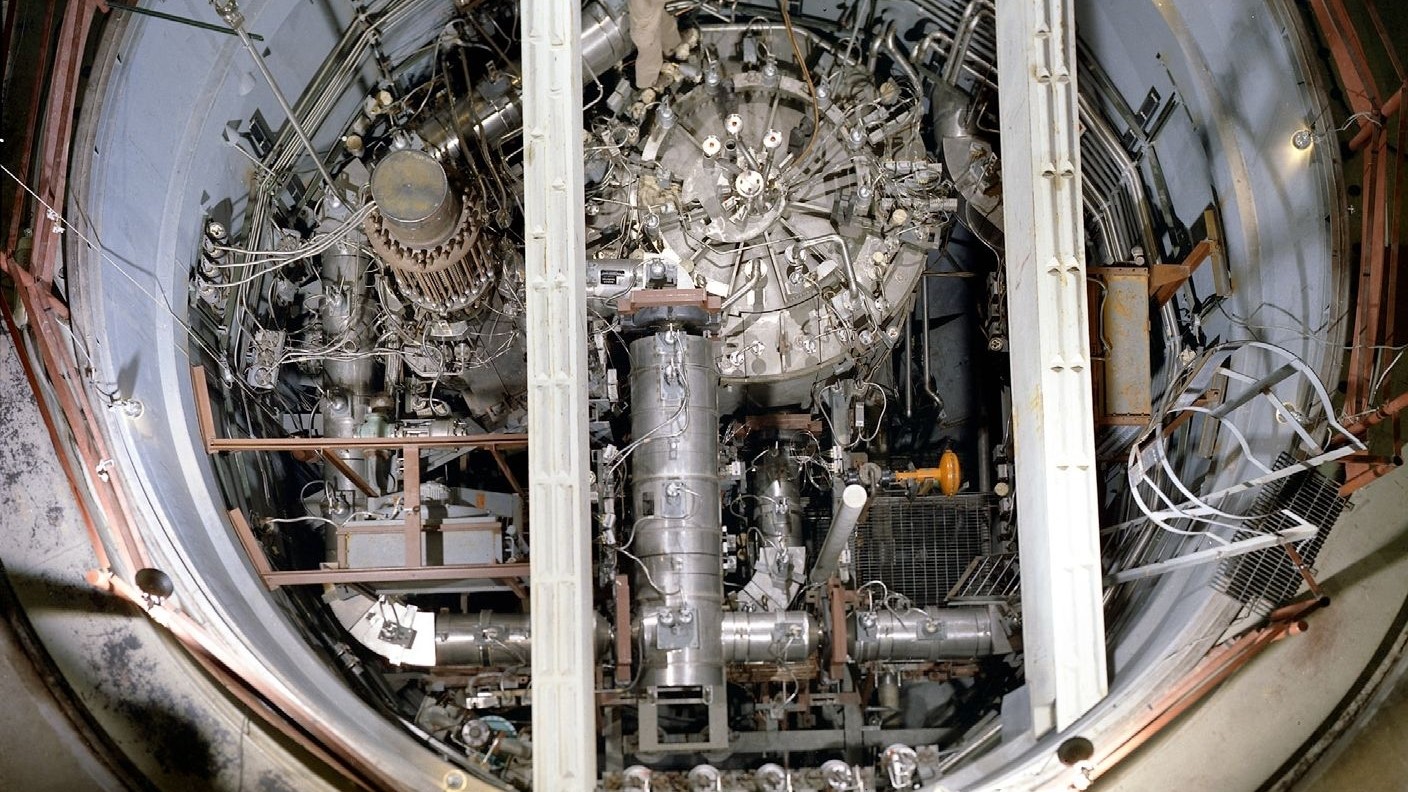



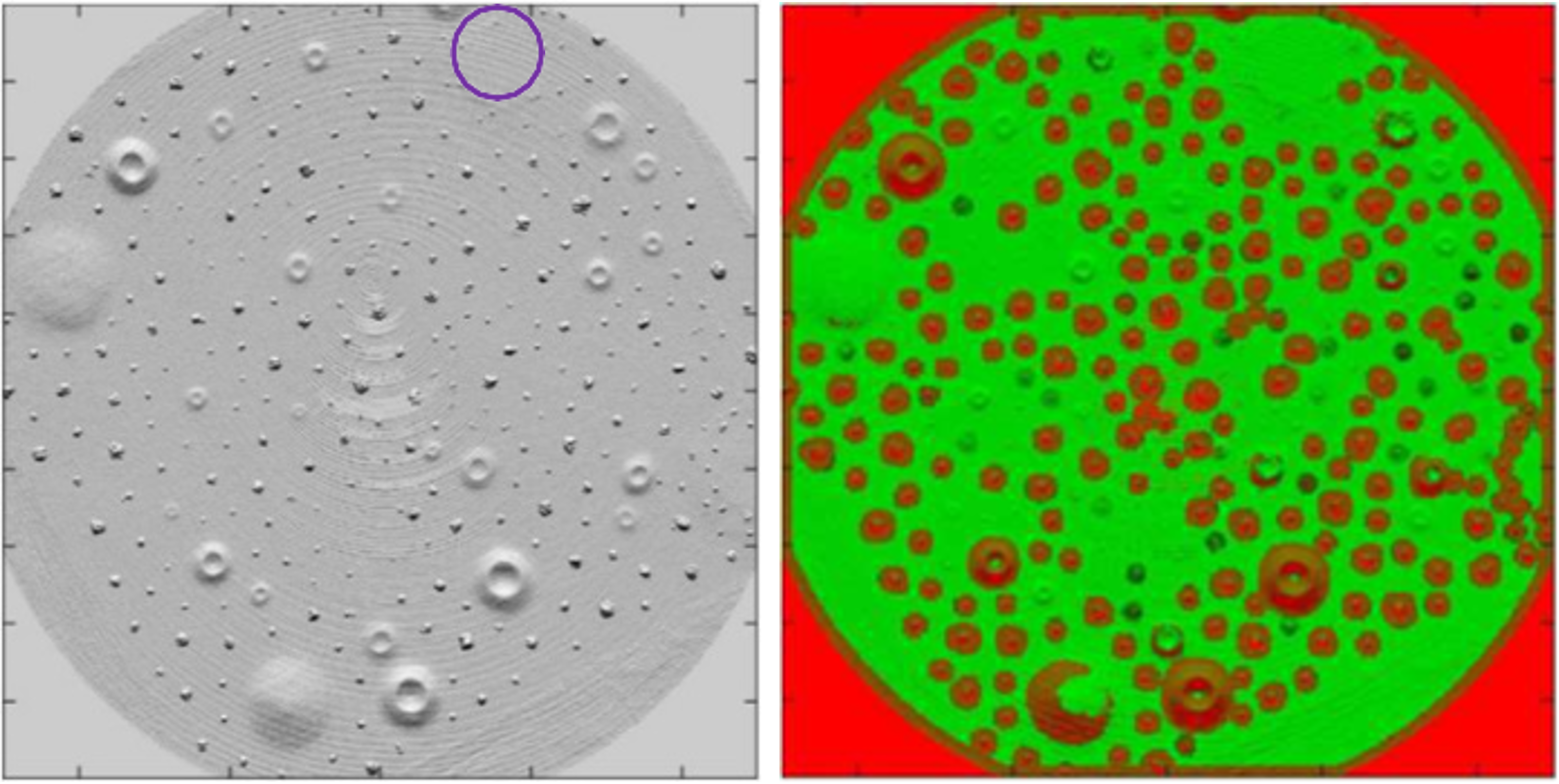









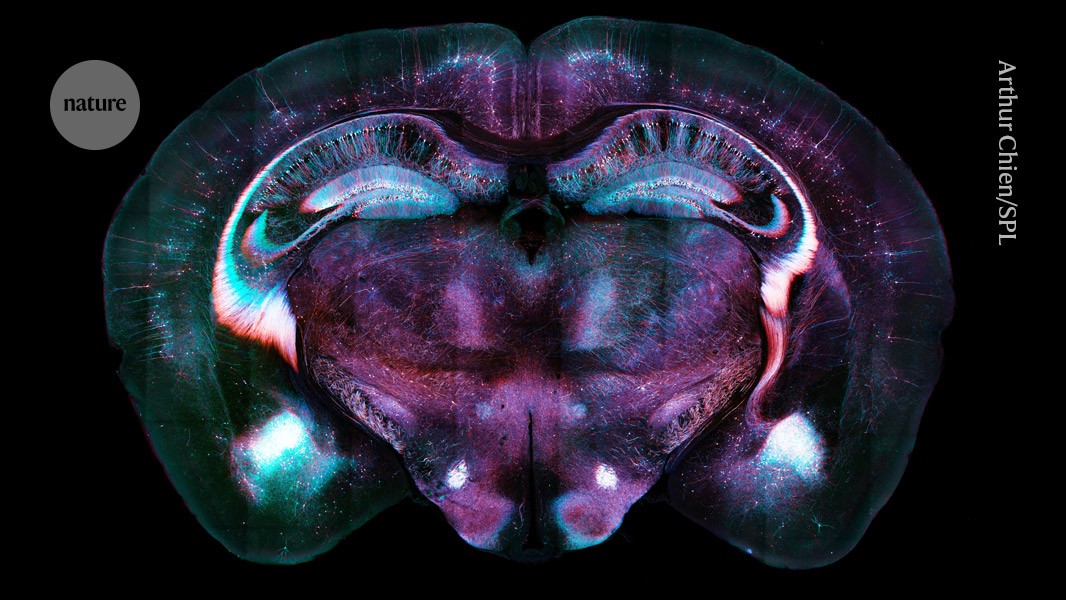












































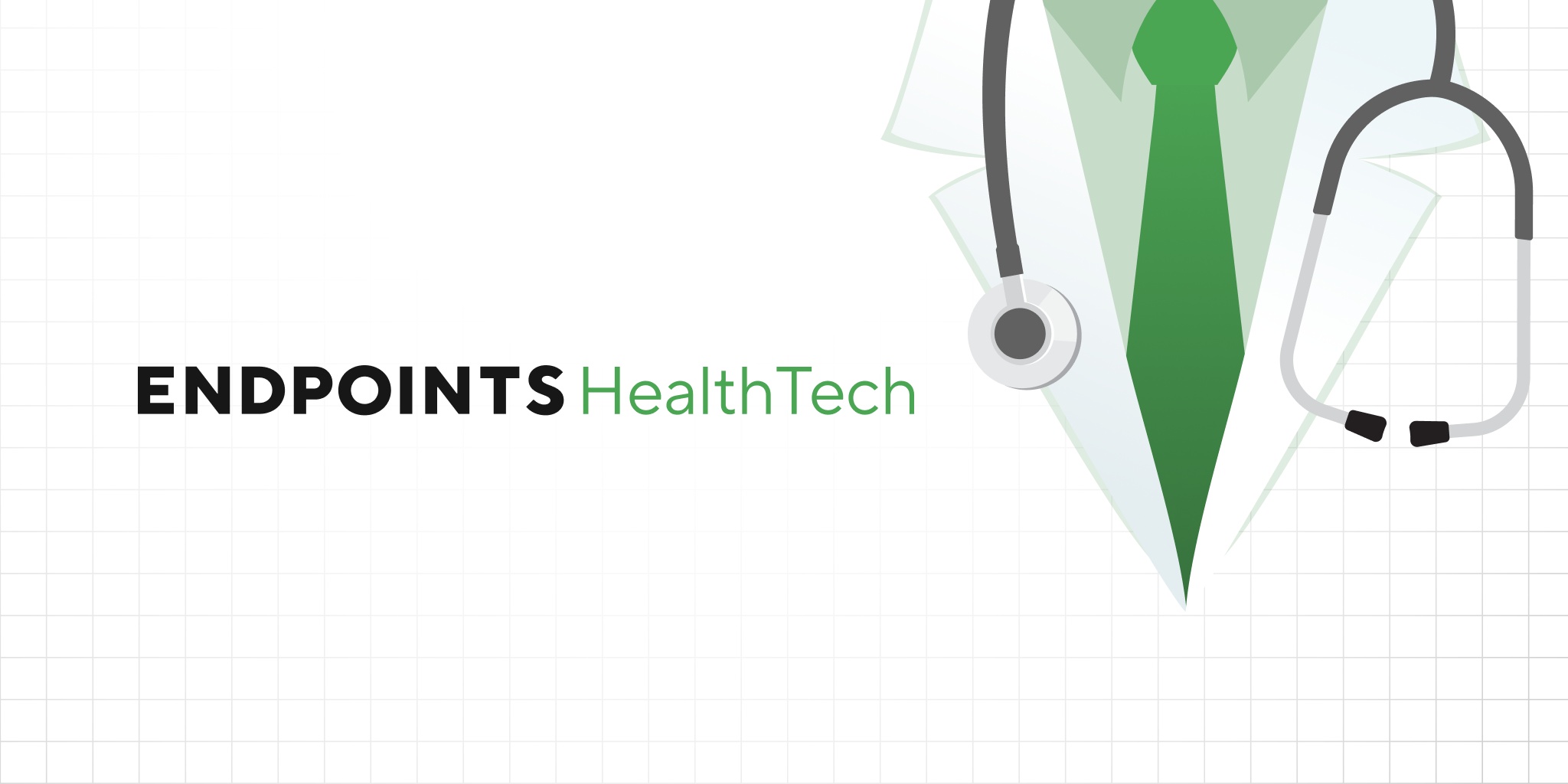
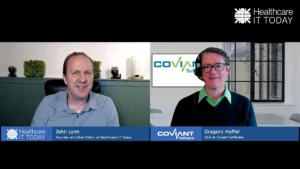


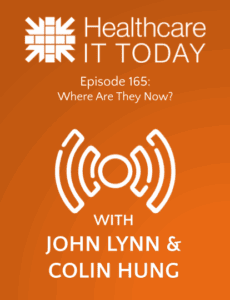
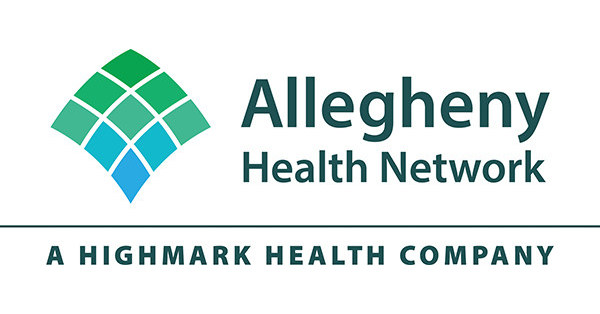

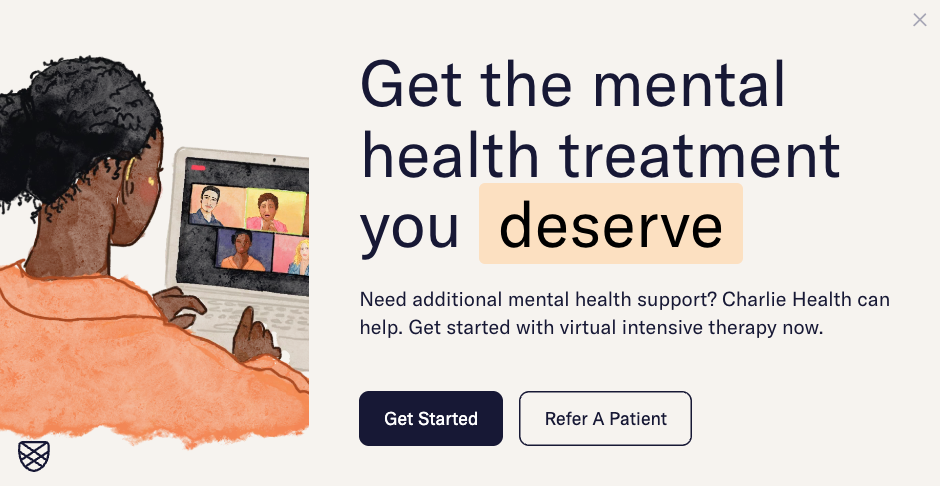


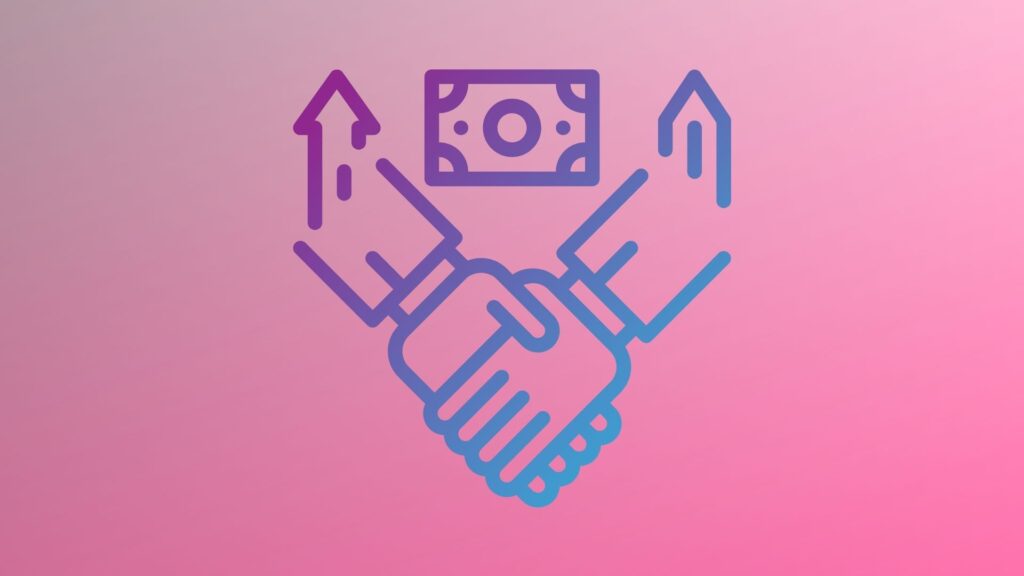

.jpeg?#)






